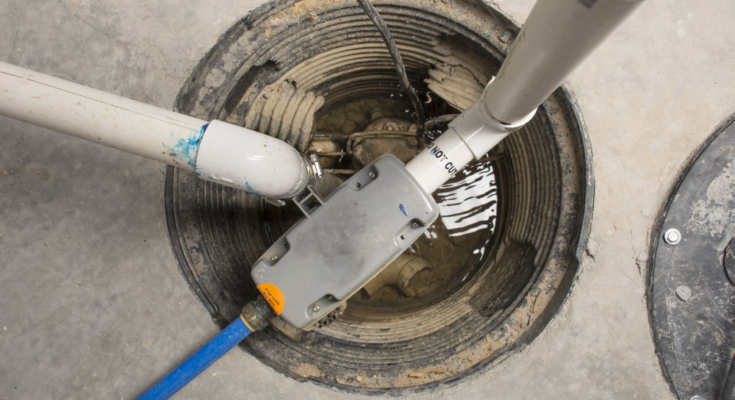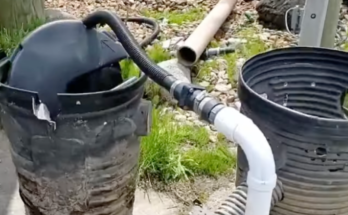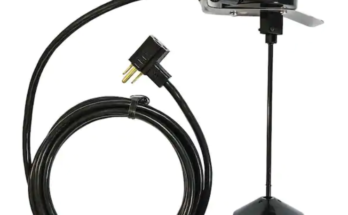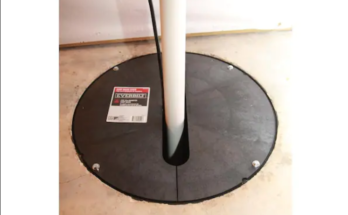A sump pump is a tool that drains standing water from a sump basin that has been created to collect water and is typically located in the basement of a house. Here you are thinking about can i dump water in my sump pump. Sump pumps are most frequently employed in situations where basements frequently flood as well as to address dampness-related problems. A sump pump’s primary function is to pump and send water away from the house, typically to a storm drain or dry well where it can cause less trouble.
The majority of sump pumps are hardwired directly into a home’s electrical system, although some may also incorporate a battery backup system. Sometimes a home’s pressurized water system will power the pump, effectively negating the need for electricity altogether. However, this comes at the cost of using potable water, potentially increasing the cost of operation over electrical pumps. This article is all about, can i dump water in my sump pump.
The quick answer is yes if you have a sump pump pit in your basement with some water in it and are wondering if that’s okay. Your sump pump pit should be partially filled with water because that is how it is intended to function. Since they take the unwanted water that collects in the basements of most homes outside, sump pumps are essential. If the sump pump malfunctions and water backs up, you must act quickly to find a plumbing remedy.
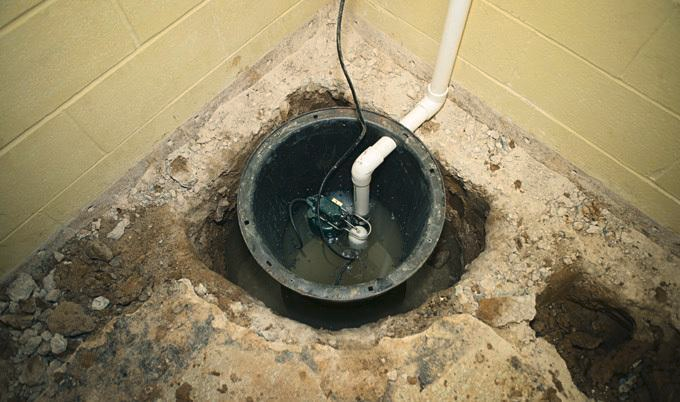
Can I Dump Water in My Sump Pump?
Pouring water into the sump with a garden hose or several buckets of water is a method of inspecting a sump pump. Can i dump water in my sump pump? Basically, you need to fill the pit with enough water to trigger the float on its own, engage the pump’s motor, and cause the impeller to empty the sump. So here you have to focus on can i dump water in my sump pump. Your pump is operating properly if the water you pour activates it and the water is ejected. You have a problem with your impeller if the water you poured sits still while the engine is running but nothing is being pumped out. As absurd as it may sound, try shaking the discharge pipe, typically a PVC pipe that is connected to the pump. The giggle will occasionally jar a small pebble or particle of gravel loose that has become lodged and is impeding the impeller. After doing that, or if nothing happens if you add enough water to the sump to activate the float, unplug the pump and contact a pro, such as a plumber or basement waterproofing firm, to have it checked out or to replace the pump.
How Full Should Your Sump Pump Be With Water?
Can i dump water in my sump pump? Knowing how much water your current sump pit can carry is crucial if you’re sizing it for a sump pump. For sump pits with a diameter of 18″, it’s generally accepted that every inch of water equates to about 1 gallon.
Should The Sump Pump Always Be Filled With Water?
On focusing on “can i dump water in my sump pump”, a sump pump pit should typically have some water in it at all times. Rain, snowmelt, or seepage from the ground can all contribute to the formation of this water. Consequently, the float switch on your sump pump should be activated when the water level reaches a specified level. The pump will activate and begin operating as a result.
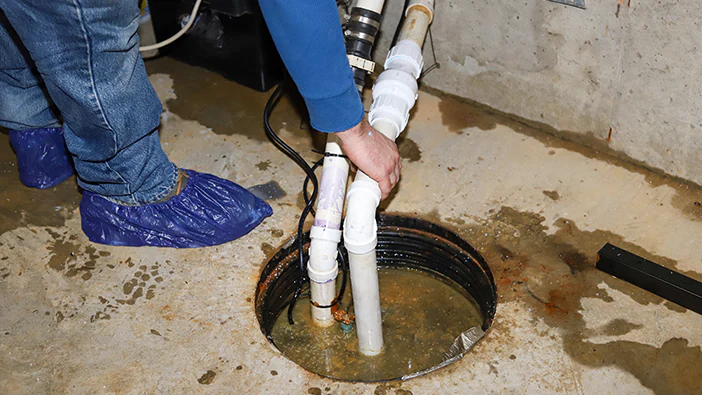
Sump Pump Full of Water
Your system could be harmed by mechanical problems brought on by water getting inside the pump itself. Sump pits gather water so that it can be fed into the pump, usually by gravity. This implies that the sump pit will always contain some water. Drains or natural water migration through the earth allow water to enter the sump pit. In order to keep the basement or crawlspace dry, the sump pump’s duty is to pump the water out of the pit and away from the building.
Water Around Sump Pump
The pump itself and the pit it runs in are the two components that make up your sump pump. A sump pump pit should typically have some water in it at all times. Rain, snowmelt, or seepage from the ground can all contribute to the formation of this water. Consequently, the float switch on your sump pump should be activated when the water level reaches a specified level. The pump will activate and begin operating as a result. In this case you think about can i dump water in my sump pump.
Your sump pump may have a limited size or capacity if it is continually filling up with water. High groundwater levels, a missing check valve, a clogged valve, or a stuck pump switch could also be to blame. The valve can be changed, the switch can be turned manually, or upgrades are available.
Sump Pump Empty
Even when a sump pump appears to be functioning, the sump pit remains dry. This usually indicates that a pump was not connected to a drainage system or was placed incorrectly. The sump pump pit is intended to receive water collected by the drainage system. Even the greatest sump pump won’t be able to keep your basement dry in this circumstance. You need to check your drainage system and make sure it was installed properly in order to resolve this issue. If you still can’t locate the issue, you can pay a specialist to come check it out and install it correctly. This is the ideal time to install a drainage system if you don’t already have one.
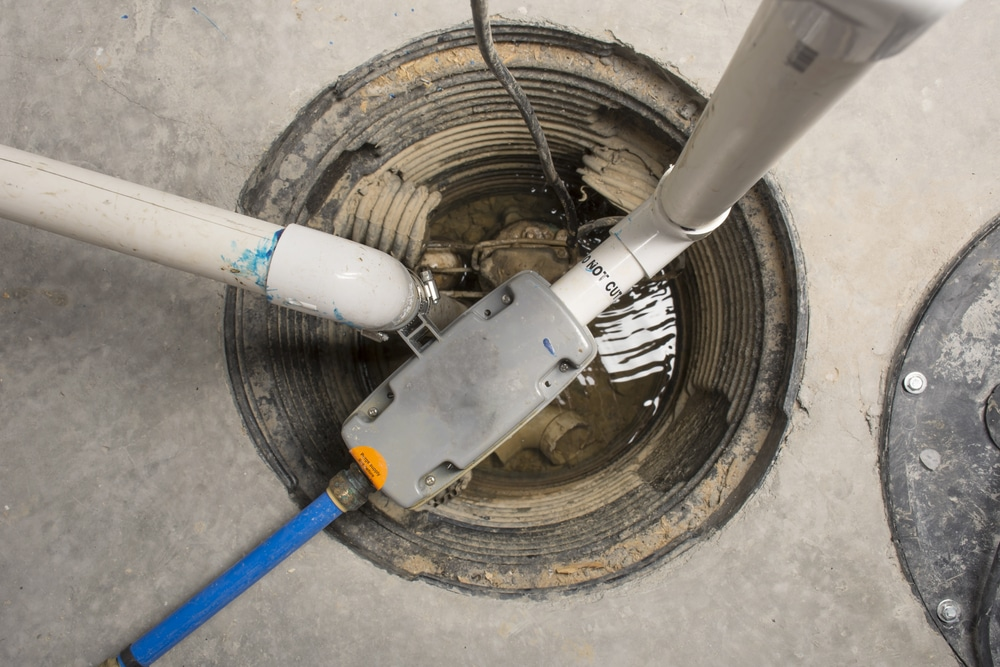
Conclusion
Sump pumps are comparable to first aid kits or fire extinguishers. Even though you may not frequently require them, they are crucial in the event of a basement flooding emergency. Approximately 98% of US basements have some kind of water damage, thus having a sump pump is crucial for avoiding sump pump issues. The first line of defense against basement flooding is a sump pump, regardless of whether the flooding was brought on by a floodwater leak. Hope this article will work in regards to can i dump water in my sump pump.
Read More Articles
